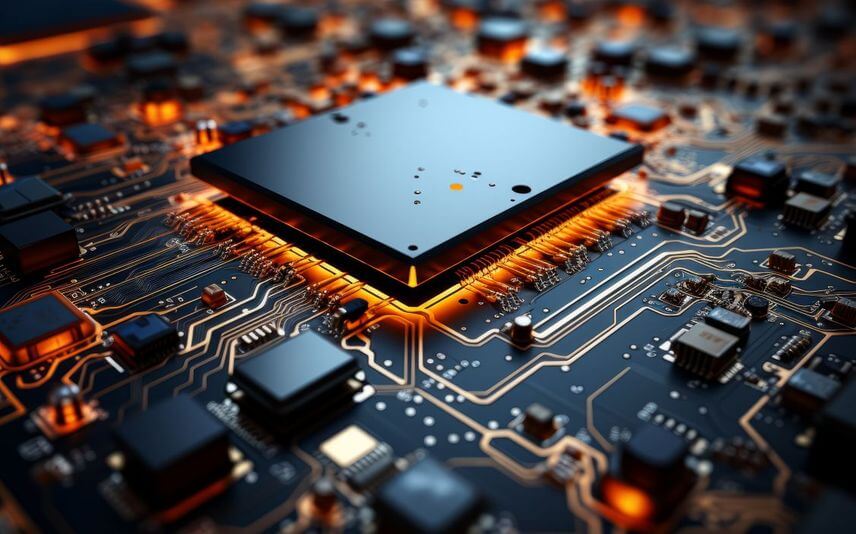President Donald Trump's recent announcement of a potential 100% tariff on imported computer chips has sent ripples of confusion and concern throughout the global business community and among trading partners. The ambiguous nature of the proposal, coupled with a lack of official guidance, has left companies scrambling to understand the implications and potential disruptions to supply chains.
Uncertainty and Confusion
The primary source of concern stems from the lack of clarity surrounding the tariff's implementation. While Trump stated that companies "building in the United States of America" would be exempt, the specific criteria for exemption remain vague. It is unclear whether existing commitments to build in the U.S. will suffice or if new investments are required to gain an exemption. This ambiguity creates uncertainty for businesses trying to plan for the future. Limor Fried, founder of Adafruit Industries, a small electronics maker, highlighted the prevailing sentiment, stating, "We are still waiting for official guidance".
Another point of contention is how the tariffs would apply to integrated components. Most foreign-made chips arrive in the U.S. already assembled into products. It is unclear whether the tariff will apply to the chip itself or to the final product containing the chip. Martin Chorzempa, a senior fellow at the Peterson Institute for International Economics, raised the question of whether a "component tariff" would necessitate a separate tariff calculation for chips within a device.
Potential Disruptions and Impact
The proposed tariff has the potential to significantly disrupt various industries. A primary concern is the potential increase in the cost of electronics, automobiles, and other goods reliant on semiconductors. If the tariffs are imposed on chips within devices, it could raise prices substantially. For example, tariffs on chips inside a car could increase its price by hundreds of dollars.
Small and medium-sized businesses may face disproportionate challenges. Unlike larger corporations, they may lack the resources to absorb the increased costs or to shift production to the U.S. quickly. This could force them to adjust pricing, potentially impacting their competitiveness.
Winners and Losers
Despite the widespread uncertainty, some companies stand to benefit from the proposed tariffs. Wall Street investors seem optimistic that U.S. companies like Intel and Nvidia, as well as Asian giants like Samsung and TSMC, who are building U.S. factories, will be in an advantageous position. However, smaller chipmakers in Europe and Asia with limited exposure to the U.S. market could face significant challenges.
Geopolitical Implications
The tariff announcement has sparked concerns among trading partners. It is unclear how the chip-specific tariffs would interact with existing trade agreements with countries like the European Union, Japan, and South Korea. Some analysts suggest that these countries may have an advantage due to existing trade deals. There are also concerns that trading partners may retaliate, escalating trade tensions. Malaysia, a key chip manufacturing hub, has already expressed concerns and is seeking clarification from the U.S..
Impact on China
The tariffs are likely to target China, with whom the U.S. is engaged in ongoing trade negotiations. While China is a net importer of integrated circuits (ICs), it is also a major exporter of legacy chips used in various products. Chinese chipmakers like SMIC and Hua Hong Semiconductor may face limited direct impact. However, the tariffs could incentivize China to pursue countermeasures, further complicating the situation.
Moving Forward
In the wake of Trump's announcement, businesses and trading partners are left grappling with uncertainty. Many are awaiting official guidance to fully understand the scope and implications of the proposed tariffs. The coming weeks will be critical as the administration is expected to release further details and clarity on the policy. Until then, businesses must navigate the uncertainty and prepare for potential disruptions to the global semiconductor supply chain.

















